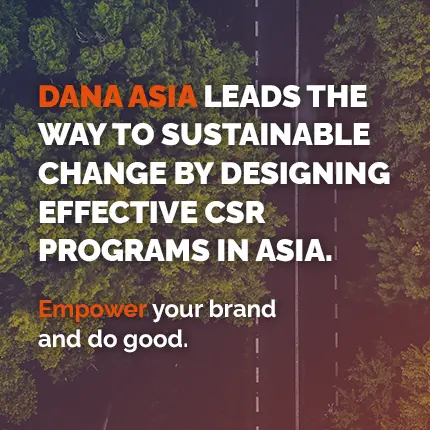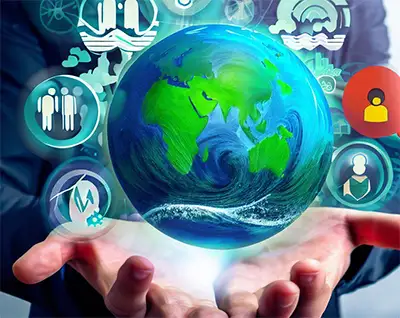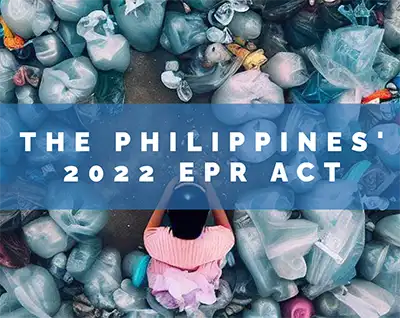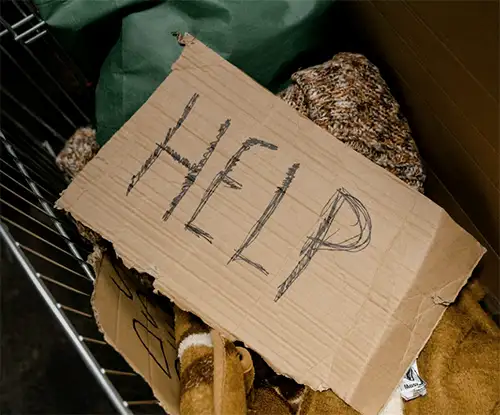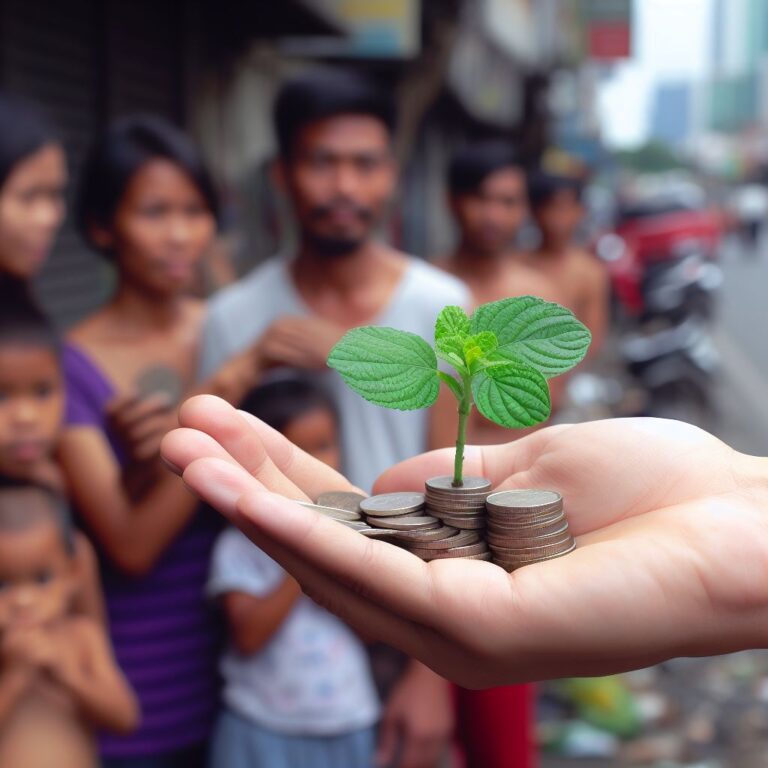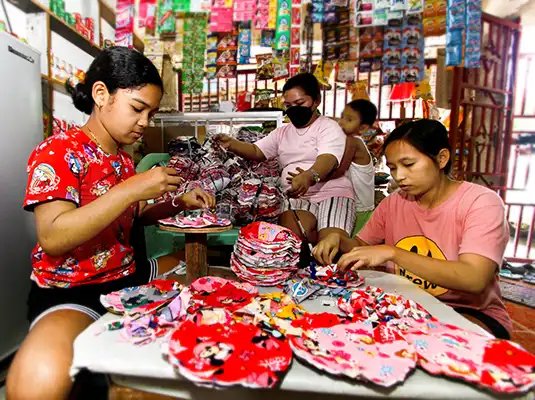The Global Plastic Quandary: For International Zero Waste Month
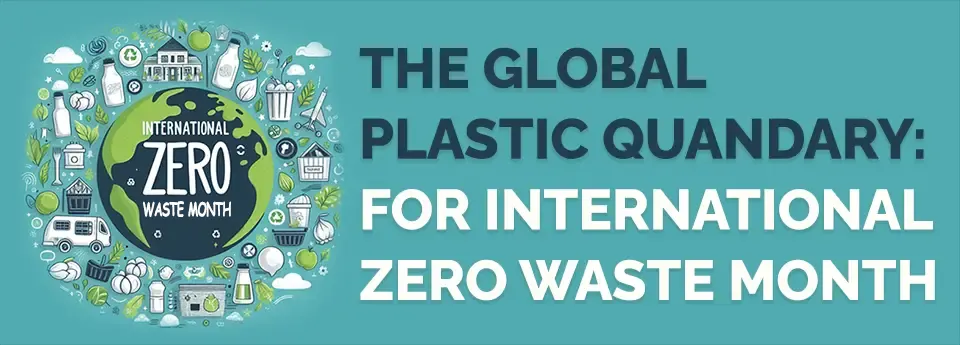
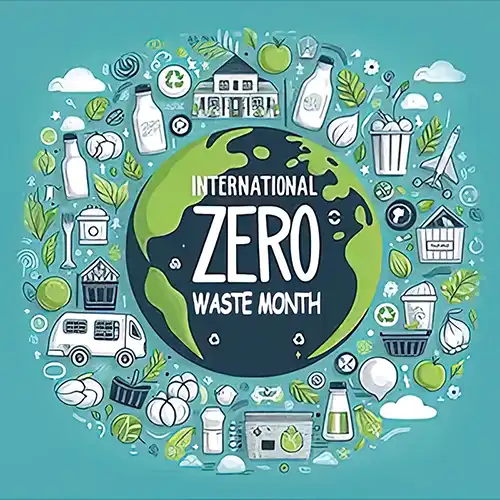
The month of January is International Zero Waste Month. It stands as a poignant reminder of the pressing environmental issues we face globally, with the burgeoning problem of plastic pollution taking centre stage. Dana Asia wants to commemorate by shedding light on the escalating challenges posed by plastic waste and the imperative for collective action to mitigate its impact.
An escalating waste crisis
Plastic, ubiquitous in our daily lives, has become both a symbol of convenience and a colossal environmental problem. The world produces an alarming 359 million metric tons of plastic annually, a significant portion of which ends up in landfills, oceans, and ecosystems, wreaking havoc on biodiversity and human health. The oceans, once teeming with marine life, are now drowning in plastic. Every year, an estimated 8 million metric tons of plastic enter our oceans, forming vast floating islands and causing irrevocable harm to marine ecosystems. From entangled marine creatures to ingested microplastics, the consequences reverberate across the food chain, ultimately reaching human populations.
Mountains of plastic waste in landfills continue to grow, releasing harmful chemicals into the soil and groundwater. The slow decomposition of plastic exacerbates the issue, with some plastics taking hundreds of years to break down completely. This persistent presence of plastic waste poses a long-term threat to the environment and public health. Microplastics have infiltrated the air we breathe, the water we drink, and the food we consume. These microscopic pollutants have been linked to a range of health issues, including respiratory problems, hormonal disruptions, and potential long-term consequences that are still being explored.
Dana Asia’s commitment towards zero waste
In Dana Asia’s two main countries of operation, the Philippines and Cambodia, the issue of plastic waste has reached alarming proportions, posing significant environmental and social challenges. The Philippines, with its stunning natural beauty, faces the adverse impacts of plastic pollution on its diverse ecosystems. The archipelago is grappling with widespread plastic litter, especially in coastal areas, adversely affecting marine life and threatening the livelihoods of communities dependent on fishing. The Philippines has taken steps to address this crisis, implementing legislation and community initiatives to curb plastic consumption and promote responsible waste management. Similarly, Cambodia, with its growing economy, has witnessed a surge in plastic usage, leading to extensive pollution. Rivers and water bodies are often laden with plastic debris, impacting both aquatic ecosystems and human communities that rely on these water sources. Recognising the urgency, Cambodia has begun to enact policies to reduce single-use plastics, coupled with public awareness campaigns to foster a culture of waste reduction. Both nations are navigating the challenges posed by plastic waste through a combination of regulatory measures and community engagement to safeguard their natural environments and promote sustainable living.
Encouraging innovation in plastic alternatives and promoting research into biodegradable materials can steer us towards a future where the detrimental effects of plastic pollution are significantly mitigated. Dana Asia commits to fund social investment into sustainable innovations and the adoption of eco-friendly practices are crucial steps towards achieving a zero-waste world.
Dana Asia’s current initiatives that tackle the plastic waste crisis:

Eco Hub
Accepting that plastic waste is unavoidable, the Eco Hub works with local communities and government units in the Philippines to coordinate plastic waste collection and transportation to the recycling facility which processes the waste plastics into sustainable building materials.
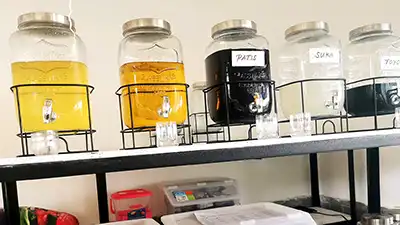
Eco Store
Adopting the “rethink” approach, the eco store practices a zero-waste retailing model to avoid the use of plastic altogether. First opened in October 2022, Dana Asia’s pilot eco store stocks over 50 basic refill items and has seen a 38% reduction in plastic waste consumption by patrons of the store.
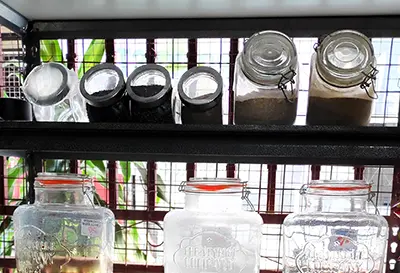
Microfinance
Working with Grameen Pilipinas Microfinance Inc., we are developing microfinance products that establish sustainable businesses such as eco sari-sari stores. A loan provides capital for store owners to bulk purchase refill products. Simply switching sachet products with refill alternatives helps to reduce plastic waste.
Call to action
International Zero Waste Month serves as an opportunity to reevaluate our relationship with plastic and adopt sustainable practices that prioritise a circular economy. Governments, businesses, NGOs, and individuals must collaborate to reduce plastic production, promote recycling initiatives, and invest in innovative alternatives. Empowering individuals to make conscious choices is pivotal in the battle against plastic pollution and this month we call on everyone to make a renewed commitment to a sustainable, plastic-free future. Simple actions such as reducing single-use plastic consumption, recycling diligently, and supporting eco-friendly products can collectively make a substantial impact. Through collective efforts and individual responsibility, we can pave the way for a world where waste is minimised, and our planet is preserved for generations to come.

